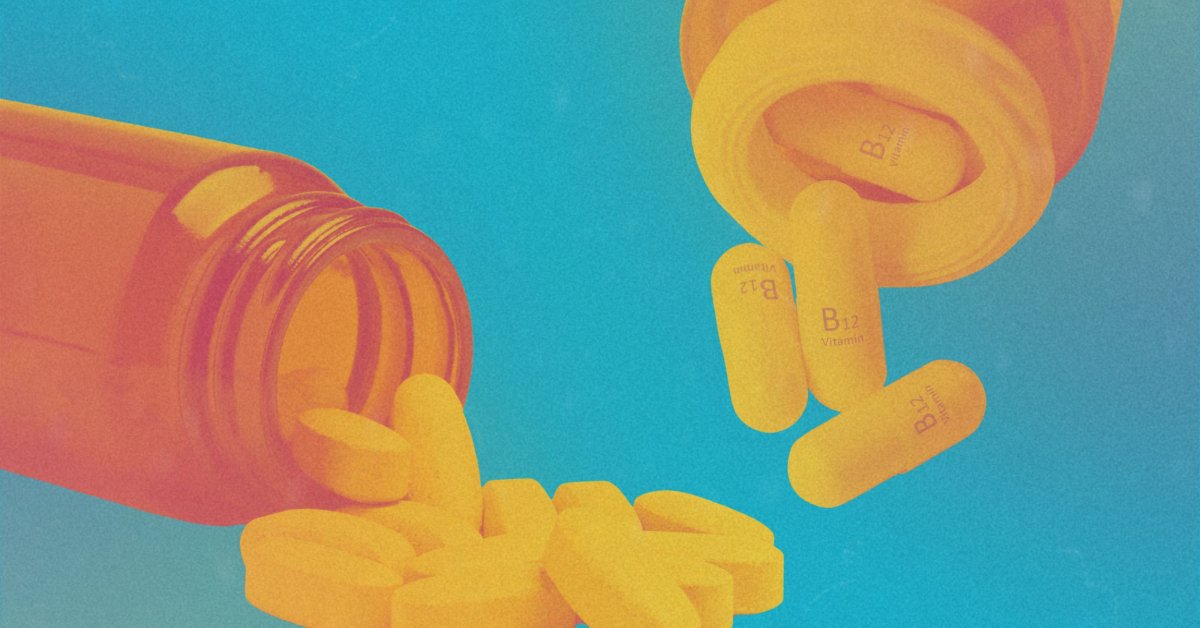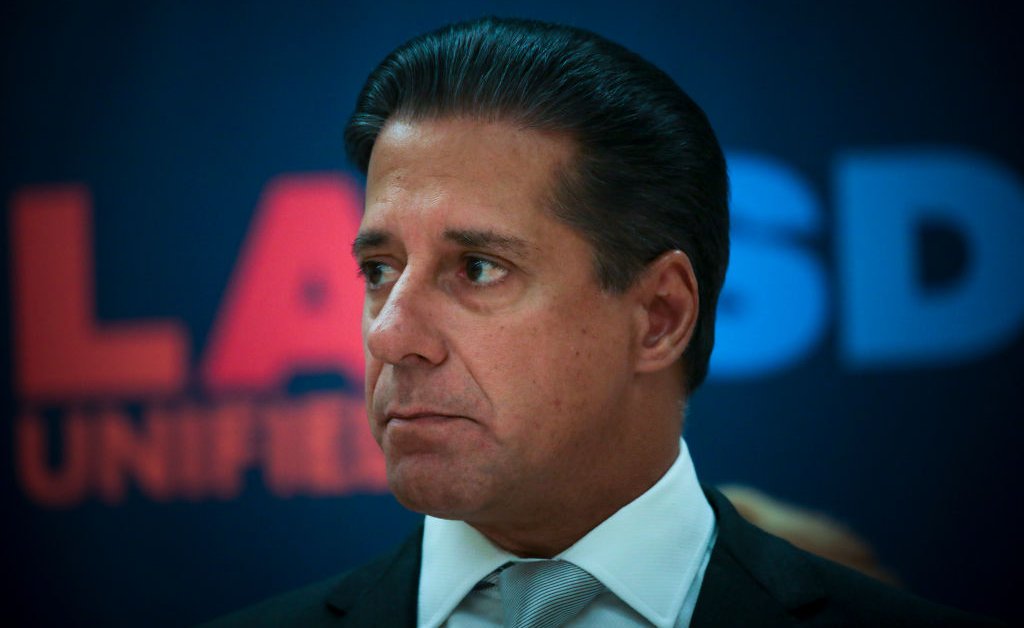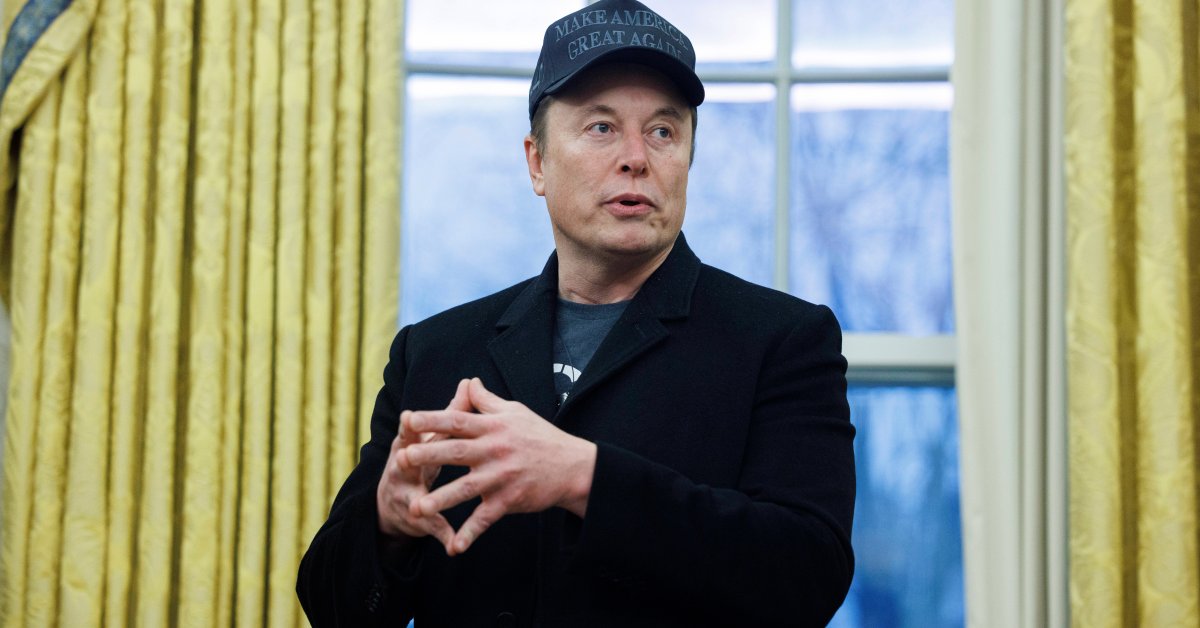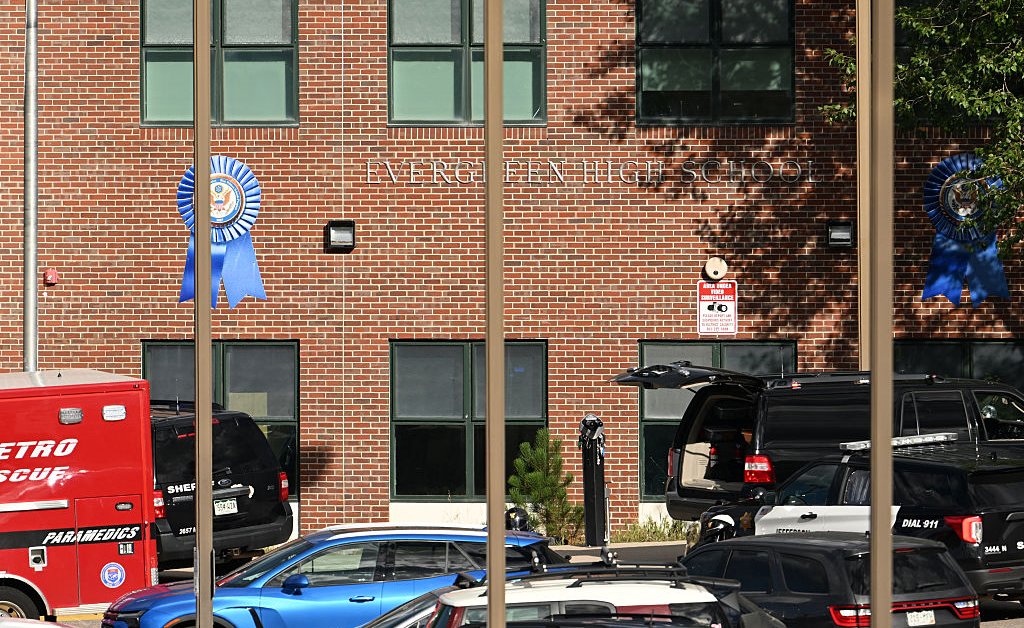During a sweaty night in Houston 33 years ago, on Aug. 19, 1992, I spoke to the Republican National Convention and, via television, to millions of others. My speech, “A Whisper of AIDS,” took 13 minutes of the four or five years I was told I had left.
I had AIDS. Everyone said it would kill me.
However, I did not die. Thanks to incredible medical research, AIDS was converted from certain death to possible life for those with access to new drugs. Today about 1.2 million Americans live with HIV/AIDS and 50,000 or so are added to this total each year. Thanks to drugs many people can’t afford, an AIDs diagnosis is no longer a death sentence. Medicaid is redemptive. Federal resources save lives. And I am alive to bear witness to the danger that still lurks in our communities, to the enormous cost already paid in money and lives, and to the tremendous advancements we are making against this disease.
If we’re willing to learn, our experience with AIDS offers some lessons. For example: Science, if persistently supported, can generate miracles. Science has kept me alive all these years. Science has virtually eradicated vertical (mother-to-child) HIV transmission for a few pennies per person. The miracles are within reach. But if scientific funding is stopped, so are the miracles.
The Trump Administration has gutted America’s AIDS eradication program and HIV research initiatives. Republicans have simultaneously provided a historic tax cut for wealthy Americans. The unpleasant truth is that these policies are a reflection of a broader belief that some lives are more valuable than others.
As the philosophy goes: Infants in, say, Sudan can be allowed to die because their lives aren’t as important as American’s. And funding for the Supplemental Nutrition Assistance Program (SNAP), which feeds hungry families and school kids, can be cut because their lives don’t matter as much as wealthy Americans need a tax break.
Burdening the poor with greater poverty while lightening the tax load of the most wealthy, to paraphrase Bill Gates, smacks of the richest people in the world killing the poorest children in the world.
The dilemma we faced with the AIDS crisis, and we face again today with President Donald Trump’s reckless dismantling of domestic and international programs, is that those setting the rules believe they themselves will not be impacted.
What it will take to change minds, as we learned in the AIDS epidemic, is a personal encounter with the truth—and with the repercussions of their actions. When a Republican Congressman who voted for Trump’s budget learns that his mother’s rural nursing home has been closed, and there’s no other one within a hundred miles, then he may care. When his eight-year-old daughter is given a terminal diagnosis, and his prayers for a miracle are not answered because research has been starved of needed funds, then he may care. When the consequences are close enough, personal enough, painful enough, we begin to care.
When we care enough about hunger, we can and will solve it—just like when we cared enough about AIDS, we were able to make huge strides. But right now, we simply do not care enough.
The AIDS epidemic taught us that until we are personally touched by the truth, we’re not likely to care; and until we care, we’ll stand by, hands in pockets, looking the other way. Cuts in USAID programs alone will result in the deaths of 14 million people, maybe more, who might have otherwise lived. But if their deaths are in another place, somewhere we won’t be bothered by seeing them, we just don’t care.
If we wait until we care enough, we’ll learn the lesson of Pastor Niemoeller who said of Nazi Germany: “They came after the Jews and I was not a Jew, so I did not protest. They came after the trade unionists and I was not a trade unionist, so I did not protest. They came after the Roman Catholics and I was not a Roman Catholic, so I did not protest. Then they came after me, and there was no one left to protest.” It’s an old warning, one I cited in a speech to Republicans 33 years ago.
If we wait too long, and if we refuse to care about the lives of others, we will all eventually feel the consequences.
Then we will care.








